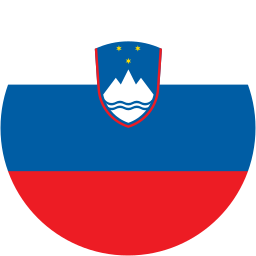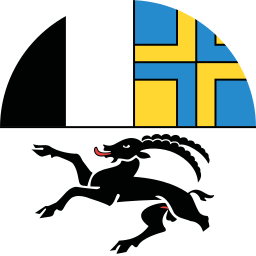In the articles of the methodology, the project's scientific self-understanding is articulated. The underlying concepts of linguistics and information technology are explained, the functional areas of the portal, or rather, the virtual research environment, are determined, and notable points of the extralinguistic context are commented on. This substantiation of the user interface with analytical discourse aims for maximum transparency of the entire endeavor. With this conception, VerbaAlpina differs from most other projects in the field of digital humanities. The developed procedures of virtual geolinguistics are not only evident in the functionality of the website, but they are also explicitly and directly situated in current research, without taking the indirect route through other channels of publication (which are, incidentally, also utilized in the form of external publications). The website is available in multiple languages. However, the vast majority of text contributions were originally formulated in German and then translated into other available languages. In case of doubt, the German version should be referenced.
The functionality of the website corresponds to that of the Lexicon Alpinum: the central full-text search operates on the texts of all entries, while the alphabetically ordered sidebar can be used for filtering or quick searching for titles.
The functionality of the website corresponds to that of the Lexicon Alpinum: the central full-text search operates on the texts of all entries, while the alphabetically ordered sidebar can be used for filtering or quick searching for titles.
The expression informant is used technically by VerbaAlpina: it unites two different things depending on the source. In the linguistic atlases, as a rule all linguistic data are transparent up to and including the speaker. In the database, these informants can be identified by an individual number (ID). They are furthermore chronocoded by the year of the data collection and geocoded by the place of the data collection. In geocodifiable dictionaries in comparison it is – as a rule – impossible to identify concrete speakers. However, VerbaAlpina assigns fictitious informants to this kind of sources too because of reasons due to the database. Each informant is assigned to a language family. This language assignment passes from the informant himself to all other linguistic data deriving from him.
(auct. Thomas Krefeld – trad. Susanne Oberholzer)
Tags: Web page
Identification number
(auct. Thomas Krefeld – trad. Susanne Oberholzer)
author
translator
Tags: Web page











